Left to Riverbeds: City residents plead for toilets
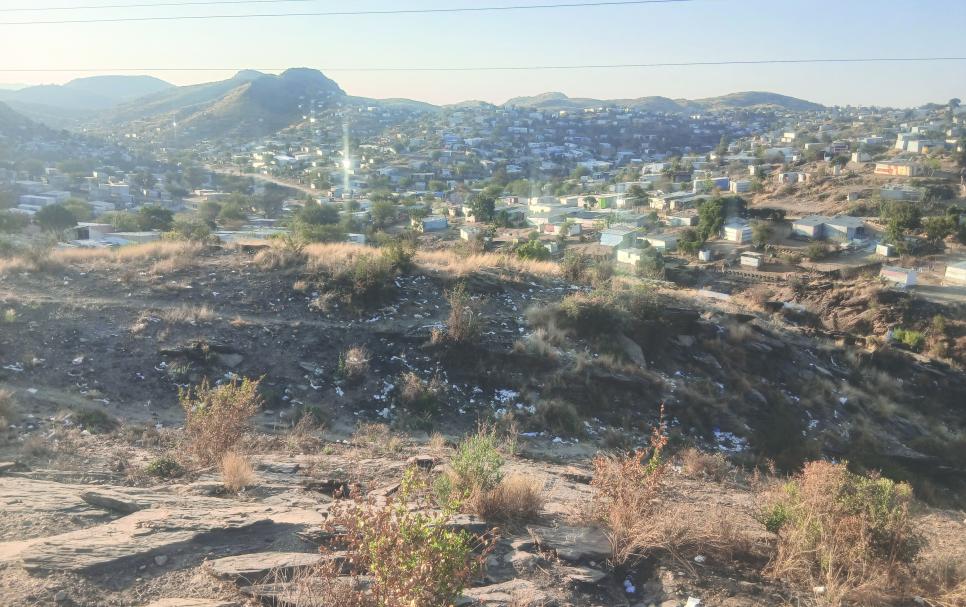
By Stefanus Nashama
For hundreds of families living in Windhoek’s sprawling informal settlements, dignity and safety are compromised daily by one pressing reality - there are no toilets.
In areas such as Samora Machel, Moses Garoeb, Tobias Hainyeko and Windhoek Rural constituencies, residents say their only option is to relieve themselves in nearby riverbeds, known locally as Omilamba.
The practice, which has persisted for years, is not only humiliating but also dangerous. At night, residents risk attacks while venturing into the bush, and during the rainy season, the makeshift open-air latrines fill with sewage, spreading foul odours and raising fears of disease outbreaks.
“Just imagine having this situation exposed to our children. What future are we preparing for, kneeling in riverbeds with our parents? This is not good,” said one resident, his voice filled with frustration.
“The government preaches health and hygiene every day, but it is failing to deliver on the most basic needs.”
Another resident, Tuhafeni Imanuel, echoed the anger: “We know the government did not send us to erect shacks here, nor did the City of Windhoek. But it is the mandate of the government to take care of its people.”
The source pleaded for the city to move beyond speeches and campaigns and deliver on the promise of safe, clean sanitation. “We are human beings too. We deserve toilets.” While the City of Windhoek continues to run campaigns urging communities to keep their neighbourhoods clean, residents argue that such efforts ring hollow without access to toilets and proper sanitation.
Moses Garoeb constituency councillor, Stefanus Ndengu, confirmed the grim reality.
“It is true. That is what is happening to our people,” he said.
Ndengu, however, pointed out that the responsibility largely lies with the City of Windhoek.
He said he has submitted numerous proposals highlighting the urgent need for sanitation and water in his constituency, but responses from the municipality have been slow.
“If you come to my office, I have all the proposals submitted to the municipality. Sanitation and water are the first in those proposals,” Ndengu said.
“But the service delivery is very slow. Even when a water tap bursts, it takes days for officials to attend to the matter.”
The councillor added that the municipality only holds two meetings a year with the community, a gap he believes prevents residents from meaningfully voicing their concerns.
On his part, Tobias Hainyeko constituency councillor, Christopher Likuwa, said he was not aware of residents in his area relieving themselves in Omilamba.
Likuwa also distanced himself from the matter, stressing that the provision of toilets does not fall under his office.
“That is not my responsibility. We are in a municipal area. The regional council is not responsible for toilets,” he said.
Contacted for comment, the City of Windhoek said it will respond to the matter at an unspecified time.
- 3 views



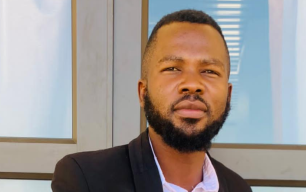
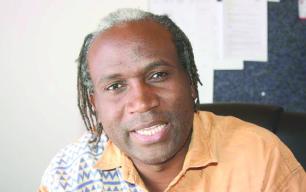


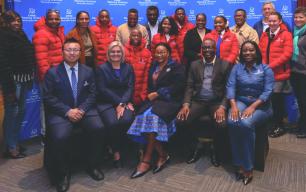
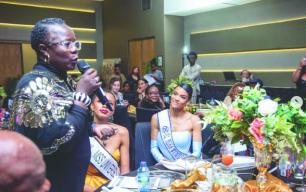
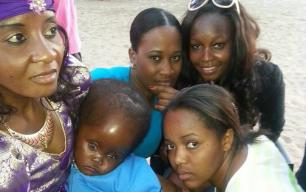
Comments